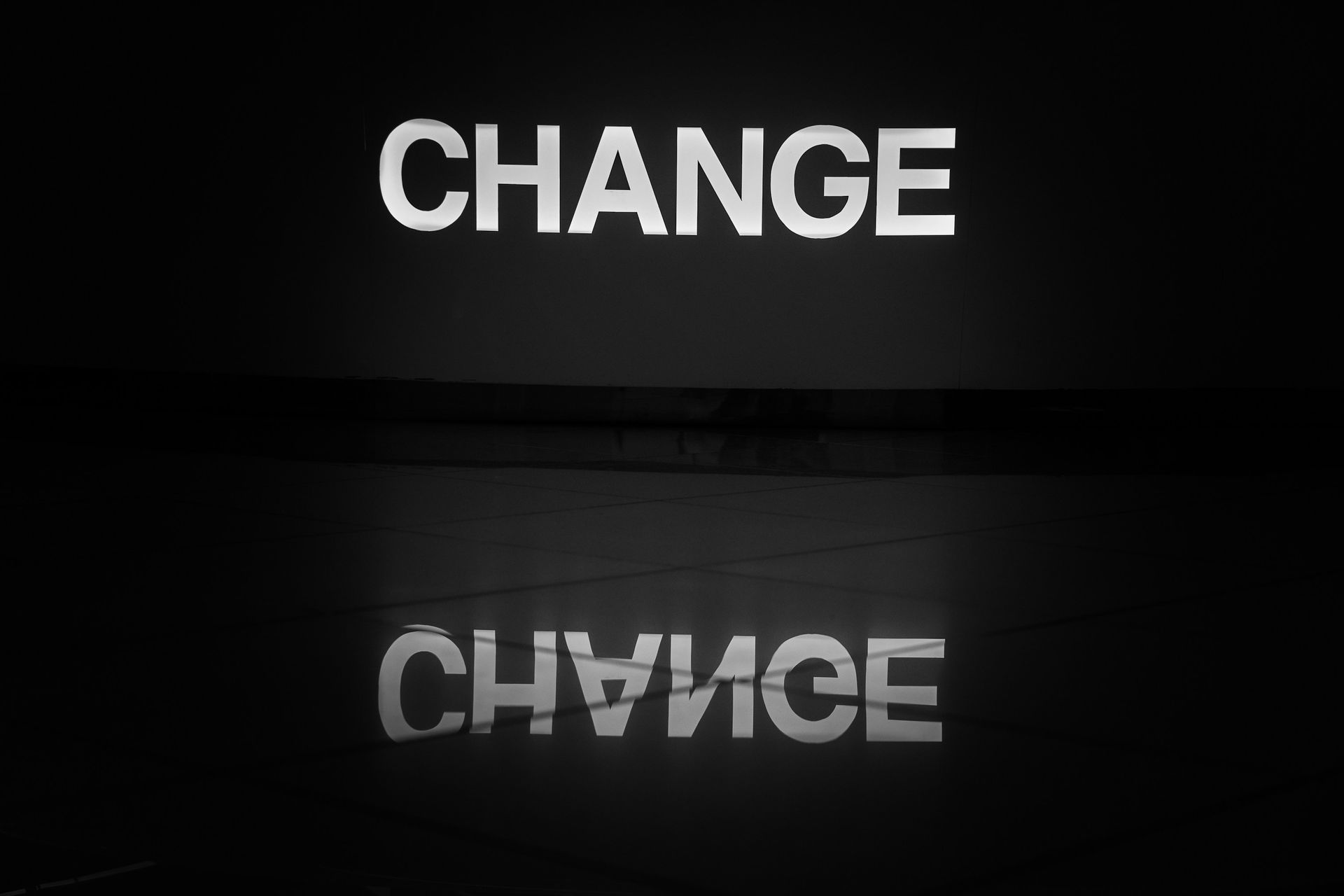Why is Diversity, Equity, and Inclusion (DEI) important when hiring?
Diversity, Equity, and Inclusion (DEI) are critical factors in hiring for several compelling reasons, particularly in today's globalised and interconnected workforce.
Here's why DEI is important in the hiring process:
1. Innovation and Creativity
- Diverse Perspectives: Diversity in teams brings together individuals with different backgrounds, experiences, and viewpoints. This diversity fosters innovation by encouraging varied approaches to problem-solving and decision-making.
- Creativity: A diverse workforce can generate more creative ideas and solutions, leading to greater adaptability and competitiveness in the marketplace.
2. Enhanced Decision-Making
- Broader Insights: Inclusive teams benefit from a wider range of insights and perspectives when making decisions. This diversity can lead to more thorough deliberation and consideration of various viewpoints, reducing the risk of groupthink.
- Better Problem-Solving: Different perspectives often lead to more comprehensive analyses of challenges and more effective strategies for overcoming them.
3. Employee Engagement and Retention
- Sense of Belonging: Employees who feel valued and included in the workplace are more likely to be engaged and committed to the organisation's goals. DEI initiatives create an environment where all employees feel respected and supported.
- Retention: Companies that prioritise DEI tend to have higher retention rates, as employees are more likely to stay in an inclusive environment where they feel their contributions are recognised and valued.
4. Reputation and Employer Branding
- Attracting Talent: In today's competitive job market, candidates often seek employers that demonstrate a commitment to diversity, equity, and inclusion. A strong DEI strategy enhances an organisation's reputation as an employer of choice.
- Marketplace Perception: Companies that embrace diversity are seen as progressive and socially responsible, which can positively influence customer perceptions and brand reputation.
5. Compliance and Legal Considerations
- Legal Requirements: Many jurisdictions have laws and regulations that require equal employment opportunities and prohibit discrimination based on factors such as race, gender, age, and disability. Prioritising DEI helps organisations comply with these legal obligations.
- Risk Management: Fostering an inclusive workplace culture reduces the risk of legal disputes and discrimination claims, protecting the organisation from reputational damage and financial penalties.
6. Innovation and Market Responsiveness
- Customer Insights: Diversity within the workforce enables organisations to better understand and serve diverse customer bases. This insight can lead to the development of products and services that resonate more effectively with diverse market segments.
- Adaptability: In a rapidly changing business environment, diverse teams are often more adaptable and responsive to market shifts and customer preferences.
Incorporating Diversity, Equity, and Inclusion (DEI) into the hiring process isn't just about meeting legal requirements; it's about fostering a workplace where every individual feels valued, respected, and empowered to contribute their unique perspectives and talents. By embracing DEI, organisations not only enhance their ability to innovate and make informed decisions but also strengthen their reputation, attract top talent, and cultivate a culture of inclusivity that drives long-term success.



